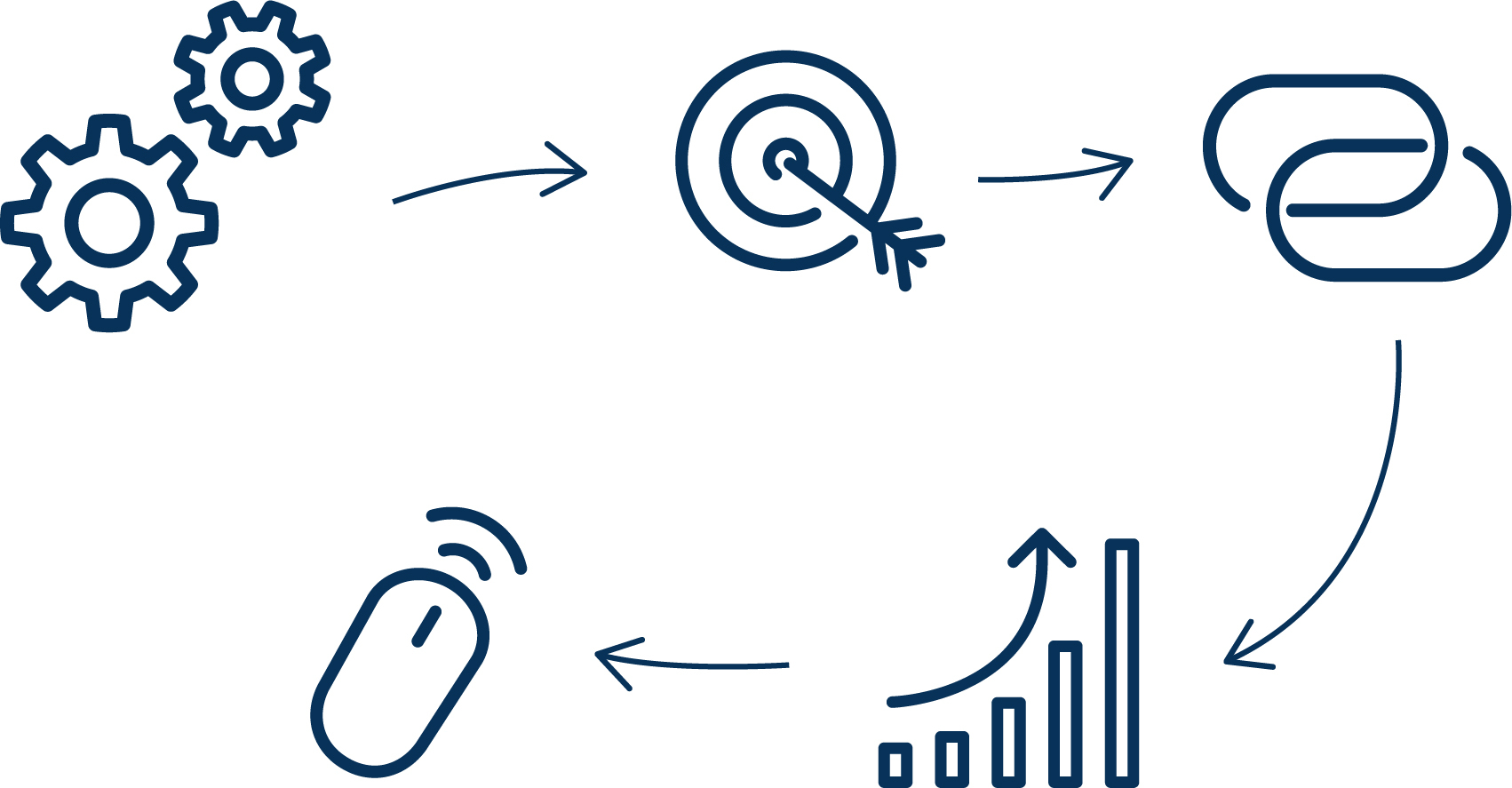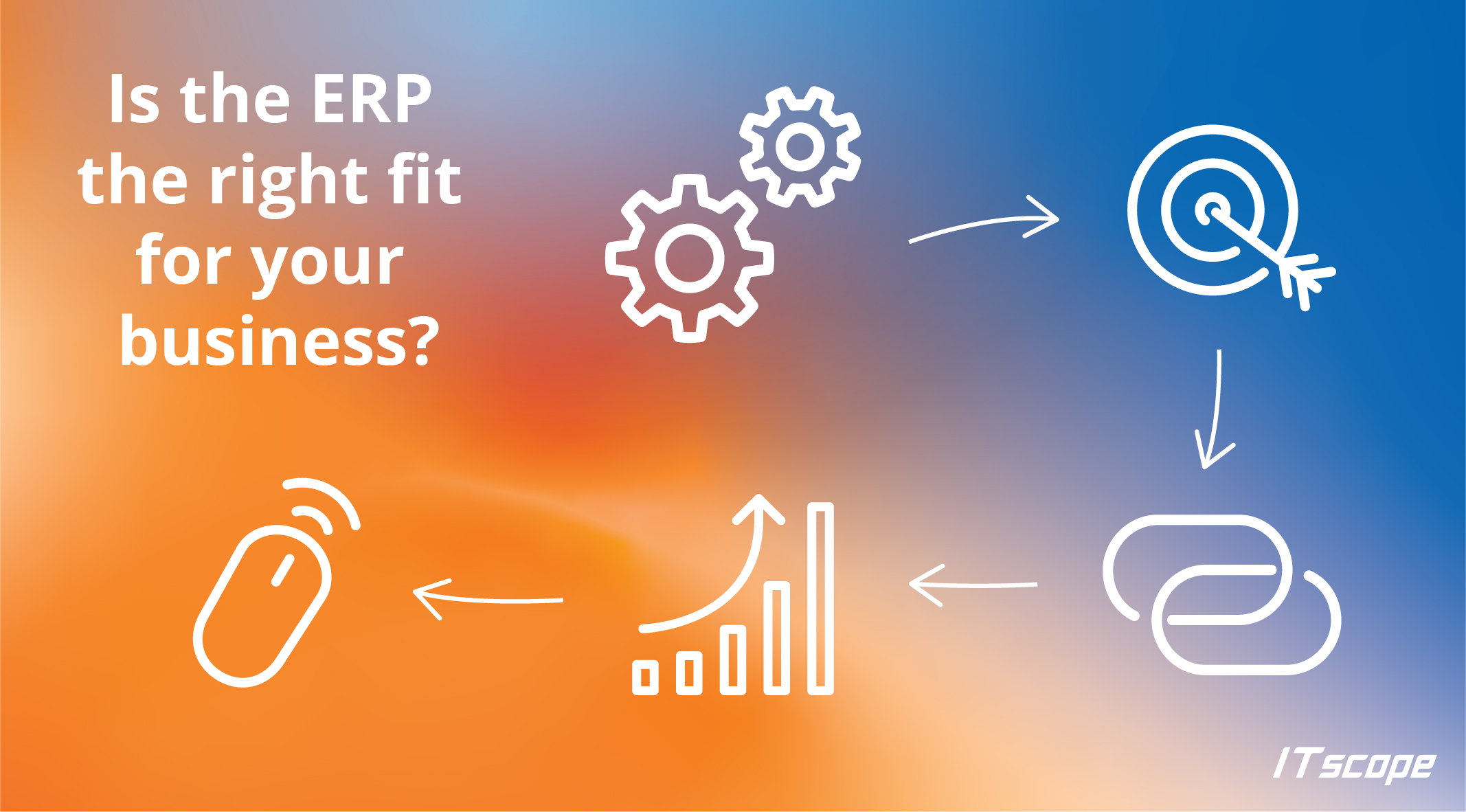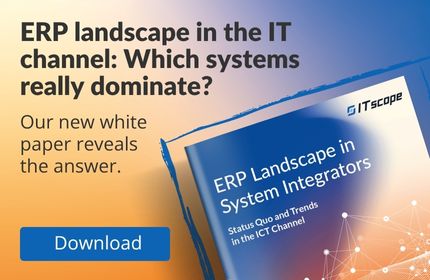ERP systems are the backbone of daily operations for IT resellers and service providers. They manage purchasing, sales, billing, and increasingly, service processes. But which solution truly meets your company’s needs? Our latest ERP survey among IT resellers reveals a diverse landscape – yet clear trends are emerging.
The Most Important ERP Systems at a Glance
In 2025, IT resellers rely on a mix of standard software and industry-specific solutions. The most widely used platforms include weclapp and Systemhaus.One, which together cover a significant share of the market. In addition, SAP Business One and Microsoft Dynamics 365 Business Central remain well-established international standards with extensive functionality. Specialized industry solutions such as c‑entron, MKS Goliath, and Singhammer SITE stand out for their strengths in contract and license management. Among midsized companies, Lexware, Sage, SelectLine, and Odoo (the only open-source solution in this group) are also widely used.
For a complete overview of the ERP landscape in 2025, download the free whitepaper “ERP Landscape for System Integrators 2025.”
Key Criteria for ERP Selection in IT Resellers
Choosing the right ERP system is more than a technical project—it’s a strategic decision. These five criteria will help you make the right choice:
1. Industry-Specific Features
Do you need managed services billing, ticketing, or license management? Then industry-specific systems like Systemhaus.One or c‑entron are often the better fit.
2. Integration and Interfaces
An ERP system today needs to do more than just inventory management. Check how easily your ERP integrates with procurement tools like ITscope, webshops, or accounting software. Seamless integrations reduce manual work and boost productivity.
3. Flexibility and Scalability
Is your company growing quickly, or are your business models evolving? Systems like Odoo and weclapp offer modular structures that can be easily expanded as your needs change.
4. User-Friendliness and Team Adoption
An ERP system is only as good as its adoption. Look for an intuitive interface and training options to ensure your team fully embraces the new system.
5. Costs and Effort
Beyond licensing or cloud costs, consider the time and resources required for implementation and customization. In-house developments may work short-term but often lead to high maintenance demands in the long run.

Checklist: Is Your ERP the Right Fit for Your Business?
Conclusion: The ERP System as a Strategic Decision for IT Resellers
Choosing an ERP system is not just a technical matter—it’s a strategic decision. It impacts efficiency, competitiveness, and long-term growth. A look at the 2025 ERP landscape reveals which systems are well established in the market and which trends are shaping the future.


